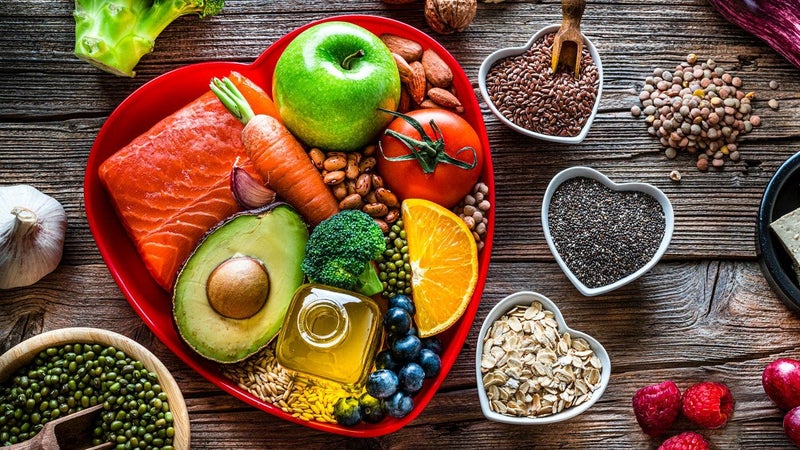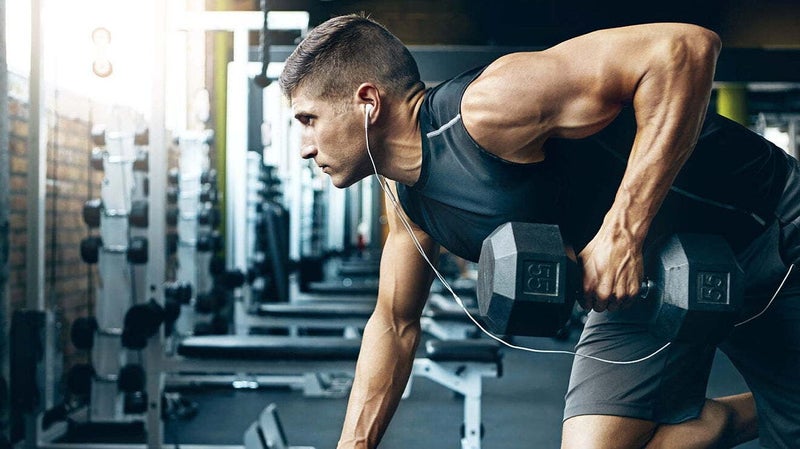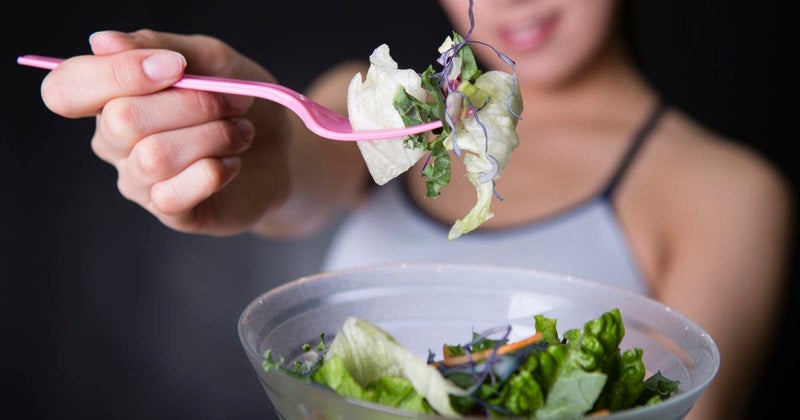6 Diet Tips To Help You Reach Your Fitness Goals Through Your Workout
By Eldon Schamberger
July 05, 2022
There are several craze diets in today’s society that make us wonder what would be the best for us to practice. You must always keep in mind that not all diets can work for every body type. Knowing and understanding what works best can be a challenge, however, there are several ways how you can eat to achieve optimal health in meeting optimal athletic performance while managing both fitness and health. There are several studies and dieticians willing and capable to diagnose the right diet for you, but you can also do it all on your own.
When it comes to weight loss, muscle building, recovery, and toning your body, there is a lot you can do that can be inculcated in your respective diet, Coupling workouts and the right diet regimen is a recipe for achieving these goals. Improved health is no longer impossible to attain, and neither is it something that only professionals can assist you with. Try to use these 6 tips in your diet and workout TODAY!
Tip #1 – Load Up On Carbs With Heavy Workouts
Some diets will suggest eating less and burning more, however, there are instances when people practice such a regimen they tend to blackout, experience nausea, or feel like they don’t have the energy to finish the workout. When we engage in vigorous exercise, carbohydrates serve as our main energy source. When we eat carbs while exercising, we can exercise at higher intensities for a longer period of time, avoid exhaustion, and eventually increase performance.
When partaking in strenuous training for more than 90 minutes or more than an hour, it’s a smart option to ingest 30g to 60g of carbs per hour. Sports beverages, jellies, fruits, sweets, or bars can be used for this to give you the necessary kick you need to endure. Exercise with carbohydrate consumption is not required if the activity is within low-intensity workouts or has numerous breaks built-in, or workouts that are only for done in short periods.
Tip #2 – Increase Muscle Mass With Protein
There are individuals that are challenged when it comes to ensuring how much protein they need to increase their muscle mass. The misconception is the concept that the more carbs they consume can lead to the equal muscle mass. That is far from the truth, for every kilogram that you weigh, you must consume at least 1.4 to 2.0 grams of protein.
If you consume the right amount of protein and couple it with a concrete resistance training program you rest assured that you will gain muscle mass with ease and convenience.
Tip #3 – Increasing Your Protein Intake Can Help You Lose Weight
Protein content should be adjusted further when trying to lose weight. Not only can you gain muscle mass, but it can also be a method for you to lose weight since protein can blend with complex carbohydrates and burn calories while doing so.
You must remember though that an increase in muscle mass leads to weight gain, more muscle can be preserved by combining greater protein consumption with resistance training. Additionally, protein might make us feel fuller. When there isn’t a magic ratio for everyone, experts advise consuming up to 2.4 grams of protein a day while trying to lose weight.
Tip #4 – Boost Your Carb Intake With The Same Day Work out Sessions
One day, two training sessions? The focus on protein for recovery following exercise appears to be frequent. While protein is crucial, athletes who train twice in one day should give priority to consuming carbohydrates right after the first session. After exercise, glycogen reserves in the muscle can be quickly restored by consuming carbs during the first hour and then every hour over the first few hours.
When planning for two high-intensity workouts throughout the day, aim for 1 to 1.2 grams of carbohydrates per kilogram of body weight (or roughly 12 g of carbohydrates per pound of body weight) during the first 60 minutes following exercise. After working out, foods like fruit, grains, starchy vegetables, or recovery beverages with natural sugars can all be good choices.
Tip #5 – Limit Your Sweat Loss
Sweating during exercise helps us release heat from our bodies and ultimately controls our core temperature. Our personal performance begins to suffer if we shed well over 2% of our body mass from perspiration, especially when training in hot surroundings. Limiting your sweat loss through your diet can be done by drinking more water and consuming fewer carbs.
Then how can you tell if you’re headed in the correct direction? Before working out, weigh yourself while wearing only the bare minimum. Immediately after working out, dry off, change out of your wet clothes, and weigh yourself again. You could think about ingesting additional fluids during future workouts if you’ve lost significantly more than 2 percent of your body weight.
Tip #6 – Stay Hydrated
After an exercise session, it’s important to hydrate in order to get ready for the remainder of the day and subsequent workouts. Whereas a pound of sweat is equal to 16 oz, it is advised that we consume closer to 20 to 24 ounces of liquid for every pound of sweat lost within the next few hours of finishing your workout. This aids in restoring our hydration levels to their normal baseline and helps offset some of the early pee output that results from our fluid intake.
The same goes for meals and diets you partake in, if you want to eat a lot of food or carbs for that matter it is important to stay hydrated. Another misconception is drinking too much water that can cause your internal organs to drown, or the idea of only drinking water rather than eating anything else. You must always remember that anything in excess is ultimately bad for you.
If you are familiar with the saying, “You Are What You Eat” the same concept is applied when it comes to maximizing your workout to ensuring that your diet adapts to your workouts. It’s never a good idea to starve yourself since your diet still supplements the necessary energy, protein, and carbohydrates that your body needs to stay healthy.
Like what you’re reading?
Subscribe to our top stories
By entering your email and clicking Sign Up, you're agreeing to let us send you customised marketing messages about us and our advertising partners. You are also agreeing to our Privacy Policy.




